
Short Poetry Collection 201
This is a collection of 49 poems read in English by LibriVox volunteers for February 2020. [chương_files]
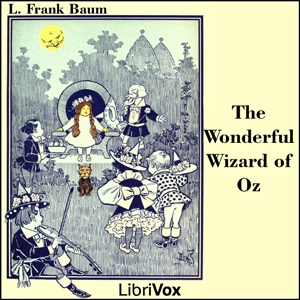
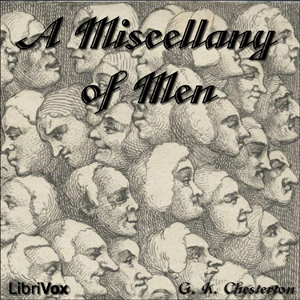
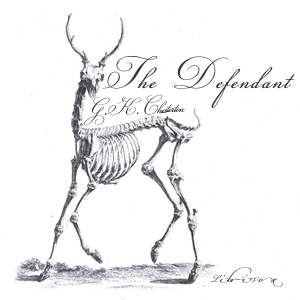
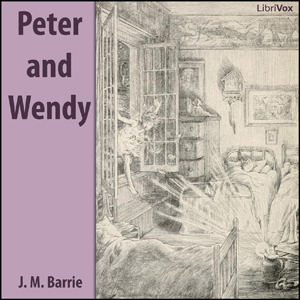
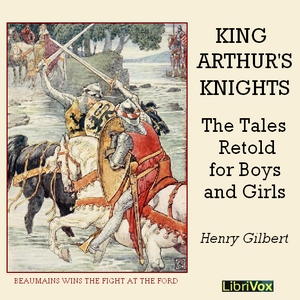

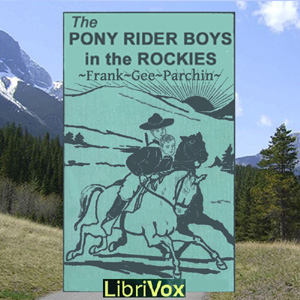


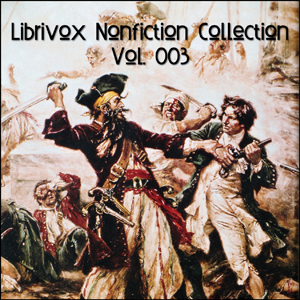
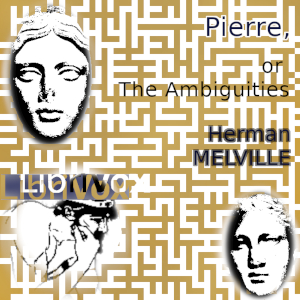
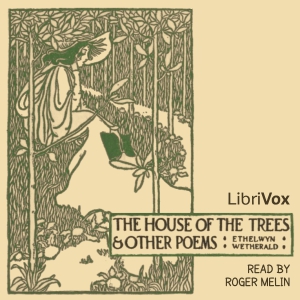
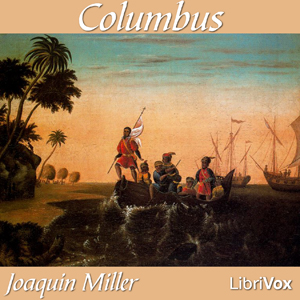
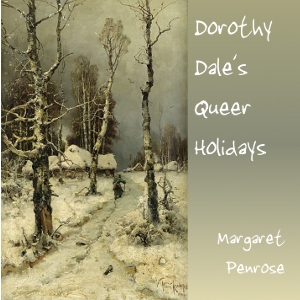
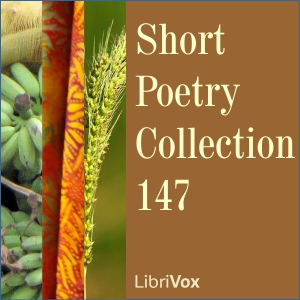

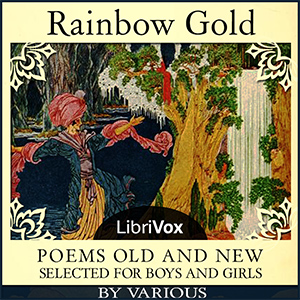
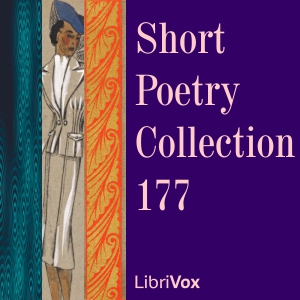

This is a collection of 49 poems read in English by LibriVox volunteers for February 2020. [chương_files]
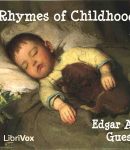
Not nursery rhymes, but poems about different scenes of childhood. Poems about Grandpa, Grandma, story time, castor oil, “Wait till your pa comes home!”, and many more. These are sure to evoke nostalgia, lots of smiles, and maybe a couple sighs or tears. – Summary by TriciaG [chương_files]
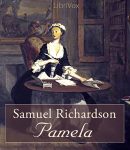
“Now first published in order to cultivate the Principles of Virtue and Religion in the Minds of the Youth of Both Sexes. A Narrative which has its Foundation in Truth and Nature; and at the same time that it agreeably entertains, by a Variety of curious and affecting Incidents, is intirely divested of all those Images, which, in too many Pieces calculated for Amusement only, tend to inflame the Minds they should instruct.”(From the frontispiece of the first edition) Pamela tells the story of a 14 year old lady’s maid named Pamela whose master, Mr. B., makes unwanted advances towards her. She rejects him continually. In Pamela’s letters to her “poor but exemplary parents” the story unfolds and we learn her fate. (summary by Annise) [chương_files]
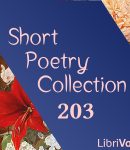
This is a collection of 63 poems read in English by LibriVox volunteers for April 2020. [chương_files]
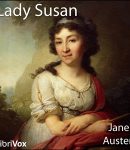
Jane Austen demonstrated her mastery of the epistolary novel genre in Lady Susan, which she wrote in 1795 but never published. Although the primary focus of this short novel is the selfish behavior of Lady Susan as she engages in affairs and searches for suitable husbands for herself and her young daughter, the actual action shares its importance with Austen’s manipulation of her characters’ behavior by means of their reactions to the letters that they receive. The heroine adds additional interest by altering the tone of her own letters based on the recipient of the letter. Thus, the character of Lady Susan is developed through many branches as Austen suggests complications of identity and the way in which that identity is based on interaction rather than on solitary constructions of personality. (Summary from Wikipedia) [chương_files]
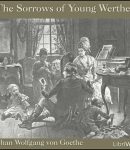
The Sorrows of Young Werther (German, Die Leiden des jungen Werther, originally published as Die Leiden des jungen Werthers) is an epistolary and loosely autobiographical novel by Johann Wolfgang von Goethe, first published in 1774. The story follows the life and sorrows of Werther after he falls desperately in love with a young woman who is married to another. A climactic scene prominently features Goethe’s own German translation of a portion of James Macpherson’s Ossian cycle of poems, which had originally been presented as translations of ancient works, and was later found to have been written by Macpherson. (Introduction by Wikipedia and Barry Eads) [chương_files]
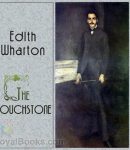
Stephen Glennard’s career is falling apart and he desperately needs money so that he may marry his beautiful fiancee. He happens upon an advertisement in a London magazine promising the prospect of financial gain. Glennard was once pursued by Margaret Aubyn, a famous and recently deceased author, and he still has her passionate love letters to him. Glennard removes his name from the letters and sells them, making him a fortune and building a marriage based on the betrayal of another. [chương_files]
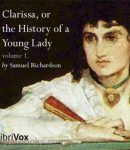
Clarissa Harlowe, the tragic heroine of Clarissa, is a beautiful and virtuous young lady whose family has become very wealthy only in recent years and is now eager to become part of the aristocracy by acquiring estates and titles through advantageous pairings. Clarissa’s relatives attempt to force her to marry a rich but heartless man (Roger Solmes) against her will and, more importantly, against her own sense of virtue. Desperate to remain free, she is tricked by a young gentleman of her acquaintance, Lovelace, into escaping with him. However, she refuses to marry him, longing — unusual for a girl in her time — to live by herself in peace. [chương_files]

This is a collection of 51 poems read in English by LibriVox volunteers for March 2020. [chương_files]
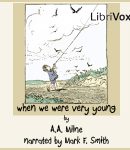
A.A. Milne wrote many poems to entertain his young son, Christopher Robin Milne, who appears to have been about three when “When We Were Very Young” was published. The book is a collection of 45 poems that celebrate a world and a point of view that a very young person could understand and enjoy. It became a best-seller. Christopher Robin is introduced as a character in some of the poems. We first meet him in the Preface, “Just Before We Begin.” In it we learn of a swan which he feeds upon a lake and who he has named “Pooh.” Milne comments on the fortuitous rhyming of that name with the lowing of the local cattle, “moo,” and intends us to believe that that led to the idea of writing the poems that comprise “When We Were Very Young.” Later, of course, this name became attached to a rather lovable bear who had whole books of his adventures written by Milne over the next few years. We will meet that teddy bear in one of poems of this book!- Summary by Mark Smith [chương_files]
Copyright © 2024 | FreeAudible